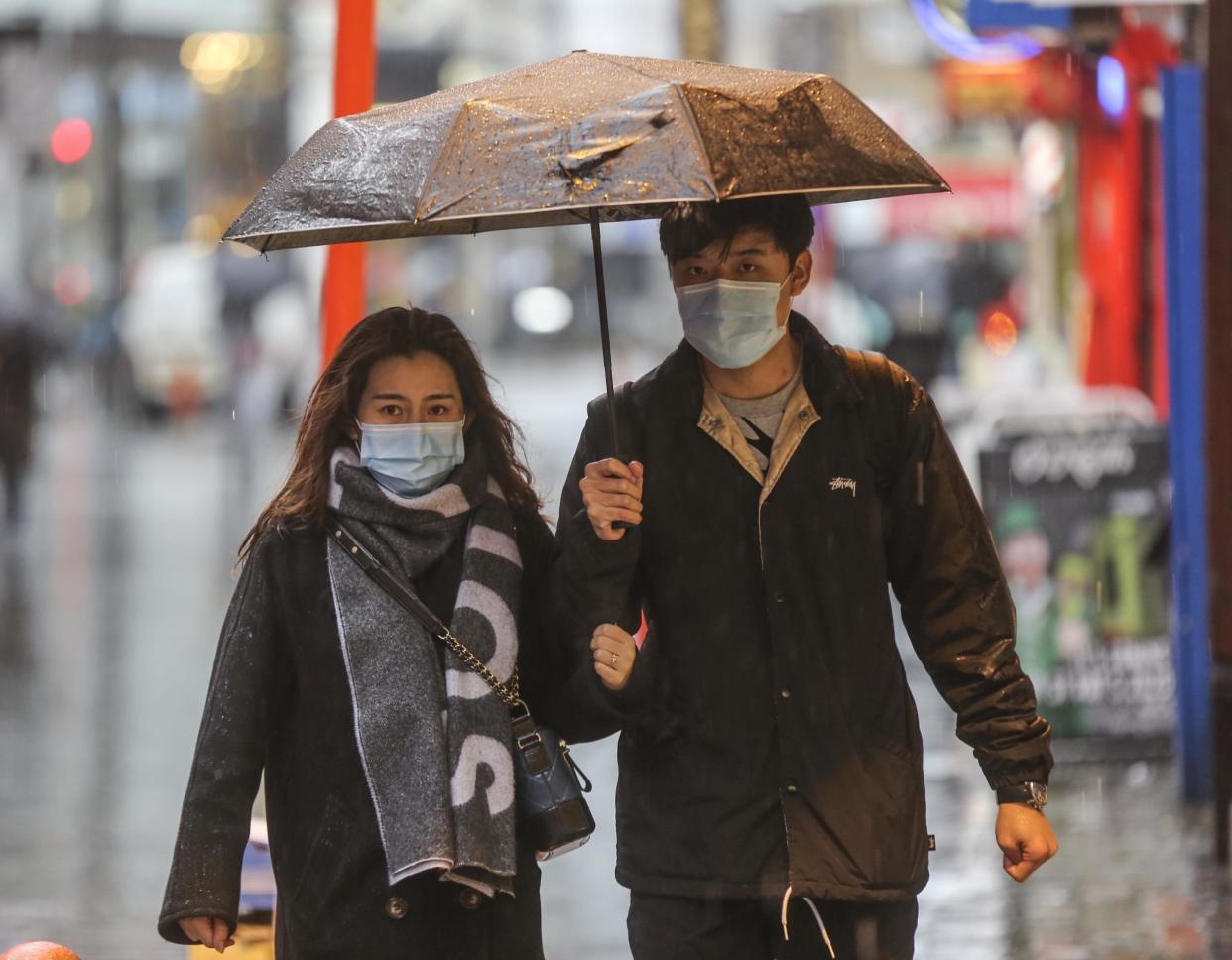Coronavirus: Trump's immigration policies may help spread deadly virus, healthcare experts warn

The Trump administration’s continued crackdowns on immigration rules may increase the potential for coronavirus to spread in the United States unchecked.
Beginning on 24 February, the Department of Homeland Security began enforcing a new rule that allows them to deny immigrants visas or permanent residency to individuals if they’re likely to become “public charges” - in other words, recipients of certain public benefits.
Before the rule went into effect, receiving non-cash benefits other than long-term care wasn’t considered when immigration officials were determining whether to grant visas.
Under the new rules, a person can be considered a “public charge” if they receive Medicaid or other included benefits for 12 out of 36 months. If they receive Medicaid - at all - following 24 February, that information is allowed to play a significant factor in determining an individual’s likelihood of becoming a “public charge.”
In an article in Scientific American, author Wendy Parmet argues that this change could scare immigrants into dropping their health insurance for fear of being classified as public charges and losing their visas.
“Thus, just as more people are likely to start needing testing and treatment for a worrisome infectious disease, untold numbers of them may drop their health insurance and avoid health care for fear of being found a public charge,” Ms Parmet wrote. “With more people uninsured, hospitals will likely experience drops in revenue, even as they need to purchase new infection control equipment, and cope with a surge of patients in emergency departments and needing intensive care. These totally predictable consequences do not bode well for our ability to mitigate the pandemic.”
Don Garcia, a doctor and medical director at Clinica Romero in Los Angeles, told NBC News that the rule should be suspended during times of emergency.
“We should stop implementing the public charge rule in a time of emergency,” Mr Garcia said. He also suggested that the administration’s coronavirus response will be a test of the country’s ability to protect non-citizens from becoming public charges “during a biological war.”
Even without the new ruling, Mr Trump’s hardline immigration policies may be increasing the risk that the virus will spread.
Ismael Castro, a project manager at Building Healthy Communities in Los Angeles, said that people without legal immigration status may avoid hospitals “out of fear that their information might be released to ICE even though emergency rooms here are known for being welcoming.”
“It’s important for undocumented people to feel like they deserve access to these services, especially if it comes to an outbreak,” Mr Castro said.

